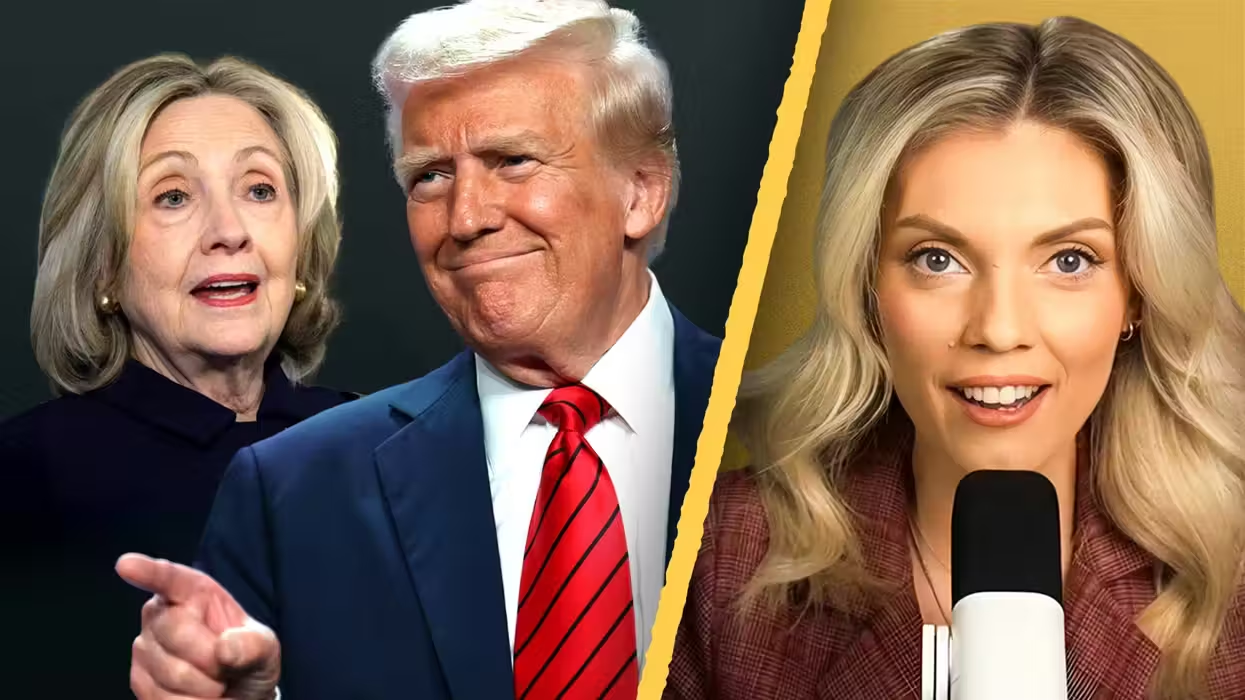Our government profits from insider trading. It sounds preposterous, but government actions so frequently defy logic and approach irrationality, that I am not surprised.
The vast majority of Securities and Exchange Commission enforcement actions deal with insider trading. Why? Because they give the SEC the most bang for their buck. Where else can the SEC get so much publicity for doing so little?
I have argued for years that the SEC is understaffed, under budgeted and under lax leadership. The SEC commences so few enforcement proceedings, given the prevalence of securities fraud, one can only wonder if this is policy or ineptitude. Probably a lot of both.
 (Photo by John Moore/Getty Images)
(Photo by John Moore/Getty Images)
A new study featured in the New York Times by three university professors reports that one-quarter of all public company deals involve some kind of insider trading. Considering the hundreds of billions of dollars involved in Wall Street deals each year, insider trading is making fortunes for those privy to non-public information. You know, the kind of info one gets while copying contracts of a merger or taking notes during negotiations.
Since I began following the travails of Wall Street as an option trader and later as an attorney, I have always wondered why, prior to virtually every deal, the volume, spreads and volatility substantially increase in the option market. This new study mathematically proves that the likelihood of profitable option trades, made prior to the deal, occurring by chance are three in one million. Lower probability than cashing in that winning lottery ticket.
One need look no further than the recent SEC action against Steven Cohen's hedge fund which has made billions from inside information for years. When his fund was finally caught, Raj Rajaratnam took the fall instead of Cohen. Insider trading has gone on for years. Until very recently, members of Congress had a "Get Out of Jail Free" card and could trade on inside information without fear of prosecution.
Insider trading predates the trusts and syndicates that controlled the stock market in the Gilded Age and through the Roaring 20's. It is ubiquitous, pervasive and one of the largest profit centers on Wall Street. The ability to make vast amounts of money with inside information and without the risk of losing, is just too enticing for any connected person to pass up. The old Wall Street adage "buy on the rumor and sell on the news" didn't pop out of nowhere. The associate attorney preparing the deal papers or the executives involved in the negotiations all have valuable information to pass on. The larger the deal and the higher the trading volume, the more difficult it is to spot the wrongdoing.
[sharequote align="center"]The old Wall Street adage "buy on the rumor and sell on the news" didn't pop out of nowhere.[/sharequote]
If 25 percent of all deals involve some form of insider trading that means that hundreds of thousands of investors are being defrauded every year, maybe even millions of investors. The scant number of cases brought by the SEC is somewhat hidden by the extremely few enforcement actions taken against highly public defendants. The SEC, at least in John Q Public's eyes, seems to be going after the big fish, but it's only an illusion.
The individual investor who sells their stock to an insider is being defrauded on a mass scale, while the insiders make a fortune. And the real shocker to me is the fact that even if the SEC is successful in obtaining disgorgement of the ill-gotten gains from the perpetrator, none of that money finds its way back to the defrauded investors. It all goes to the government, not the injured party.
So, the insider and the government both profit from insider trading. The individual investor is once again left holding the proverbial empty bag.
–
TheBlaze contributor channel supports an open discourse on a range of views. The opinions expressed in this channel are solely those of each individual author.


 (Photo by John Moore/Getty Images)
(Photo by John Moore/Getty Images)






